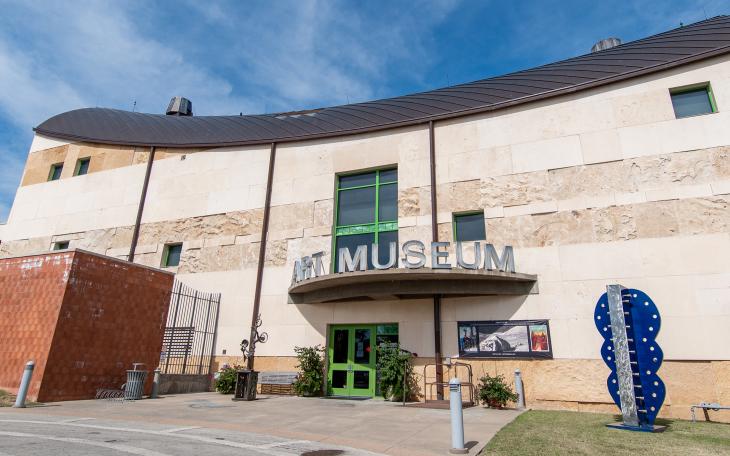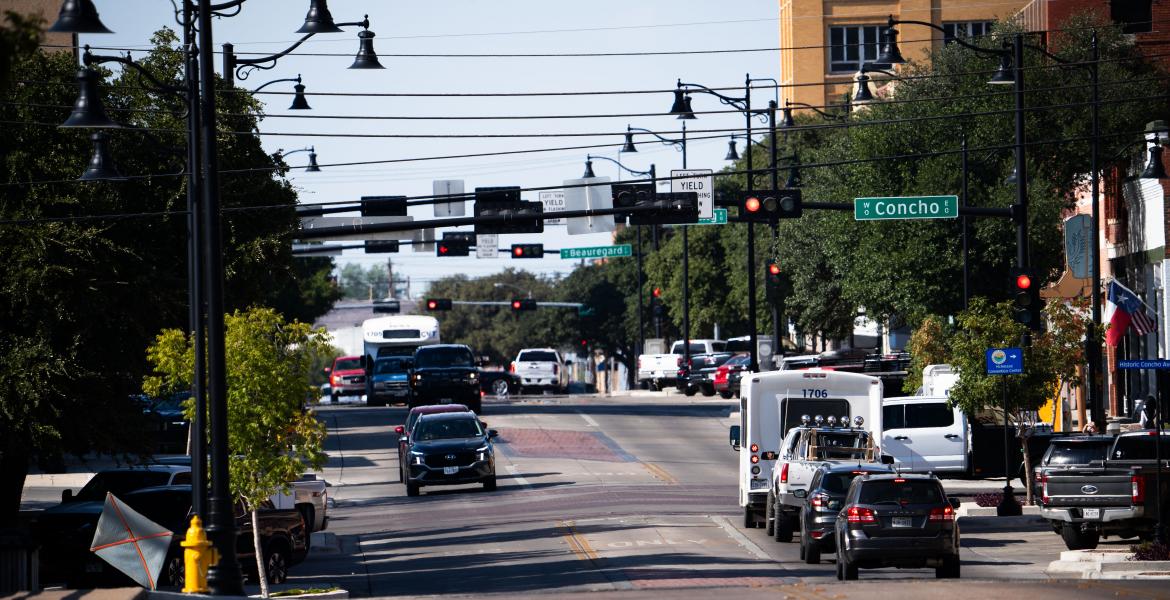SAN ANGELO, TX -- Eric Sanchez, Chief Executive Officer of the Alcohol & Drug Abuse Council for the Concho Valley (ADACCV) repeats the Council’s mission many times during conversation: To save lives and create healthier communities.
For over 50 years, and through a few iterations in its name, ADACCV is licensed through the Health and Human Services Commission to provide outpatient and intensive residential treatment services for men and women; this according to ADACCV’s 2017 Annual Report.
Clients come to ADACCV through more than one portal: as a condition of violating the law, self-reporting, outreach efforts by the Council, or perhaps a referral from school where a child is suffering at the hands of a parent who is abusing alcohol or drugs.
No matter how clients come to the Council, everyone receives the same respect and assistance no matter their personal circumstances.
“Alcohol and drug abuse does not discriminate. It doesn’t matter if you’re rich or poor, or any color. And no one is judged,” says Sanchez.
“Everyone calling the crisis hotline reaches a live person, 24-hours a day, and seven days a week.”
Treatment is personalized as well, “and support programs that we offer give our clients a better chance at full recovery.”
“It’s important that we identify the abuse—the client’s drug of choice—and it’s important to assess whether or not a true addiction exists, or if there’s abuse without dependency.”
Methamphetamine, alcohol and heroine rank respectively as the most common drugs abused in the Concho Valley.
Surprisingly 70% of addicts are employed.
But the Department of Labor ended the drug-free workplace program in 2010, and has dropped its work-place drug testing web advisory.
Still, according to Sanchez, “Research shows when employers do random drug tests on their employees drug use actually goes down in a community.”
ADACCV also has a Drugs in the Workplace Program, and wrap-around services include maintenance and recovery support.
“In some cases, an employer doesn’t want to lose a good employee. A referral to our program may prevent that, and it gives the client a chance to learn valuable life-skills.”
Sanchez has been with ADACCV for 16 years, and continuing the agencies upward trajectory, in 2019 a six-million dollar capital campaign will bear fruit as a new campus, with new and expanded programs.
“Our new facility will be located next door to the Roy K. Robb Corrections Facility at US HWY. 277.”
“There we will have an in-patient detox program and a medical director, and our in-house treatment capacity for males will go from 16 beds currently to 30 beds. Our treatment capacity for women will go from 12 to 18 treatment beds.”
A 12-bed detox treatment program, something we don’t have now, will be located in a separate wing of the new center.
But prevention is the key to a healthy community.
Sanchez said, “Successful prevention programs save money for the community in the long run. For every dollar spent on prevention, communities can save twelve to fifteen dollars that would be spent on punitive measures.”
“And when it comes to prevention, community involvement from schools and churches, and other youth programs in the City is key,” says Sanchez.
“We are blessed in this community to have programs such as the Boys and Girls Club, for example, and without United Way funding we couldn’t do all the things we’re doing now.”
“Most of all,” says Sanchez, “parents need to be involved in their children’s lives, and know how to spot and respond to warning signs of drug or alcohol abuse. Constantly talk about core values and expectations.”
The ADACCV Parent Packet has important information for parents.
Asked what his message might be to anyone out there who needs help, Sanchez replied, “There’s always hope.”
For more information, and to find out how you can participate in the capital campaign, or discuss our own needs in a confidential environment visit www.adaccv.org. or call 325-224-3481.
Subscribe to the LIVE! Daily
Required






Post a comment to this article here: